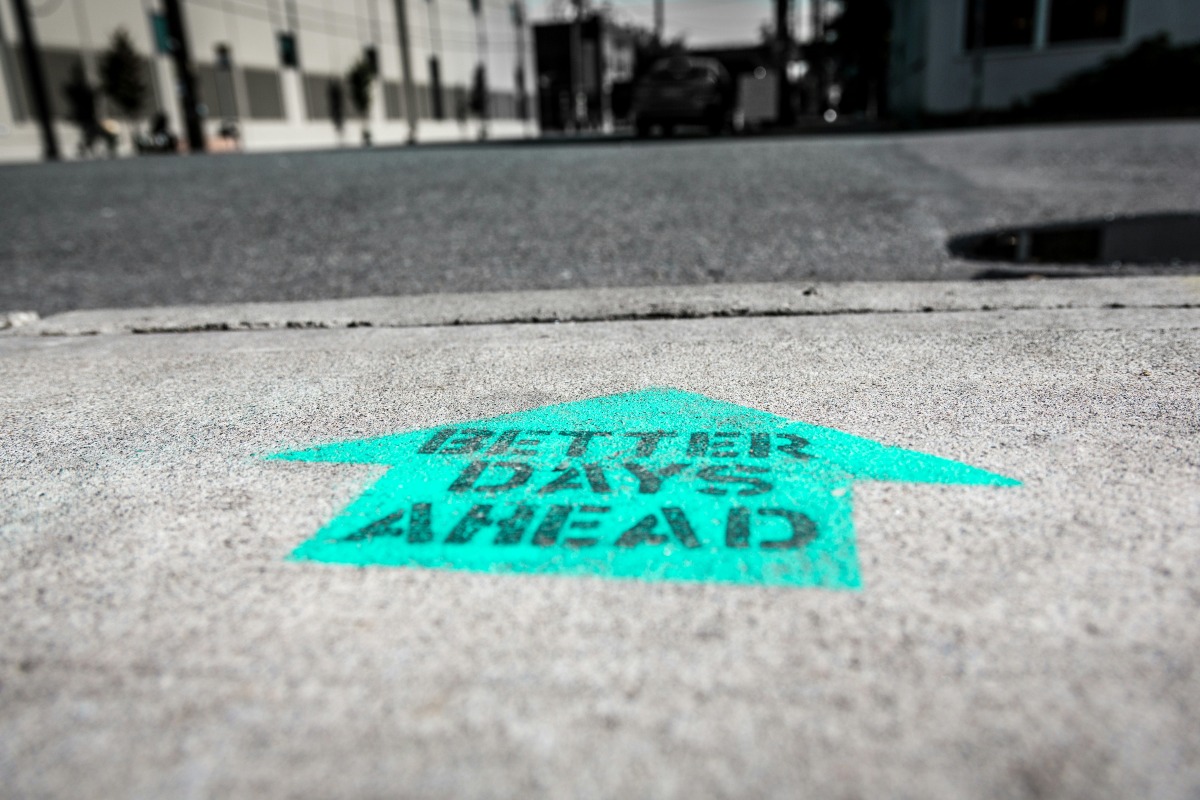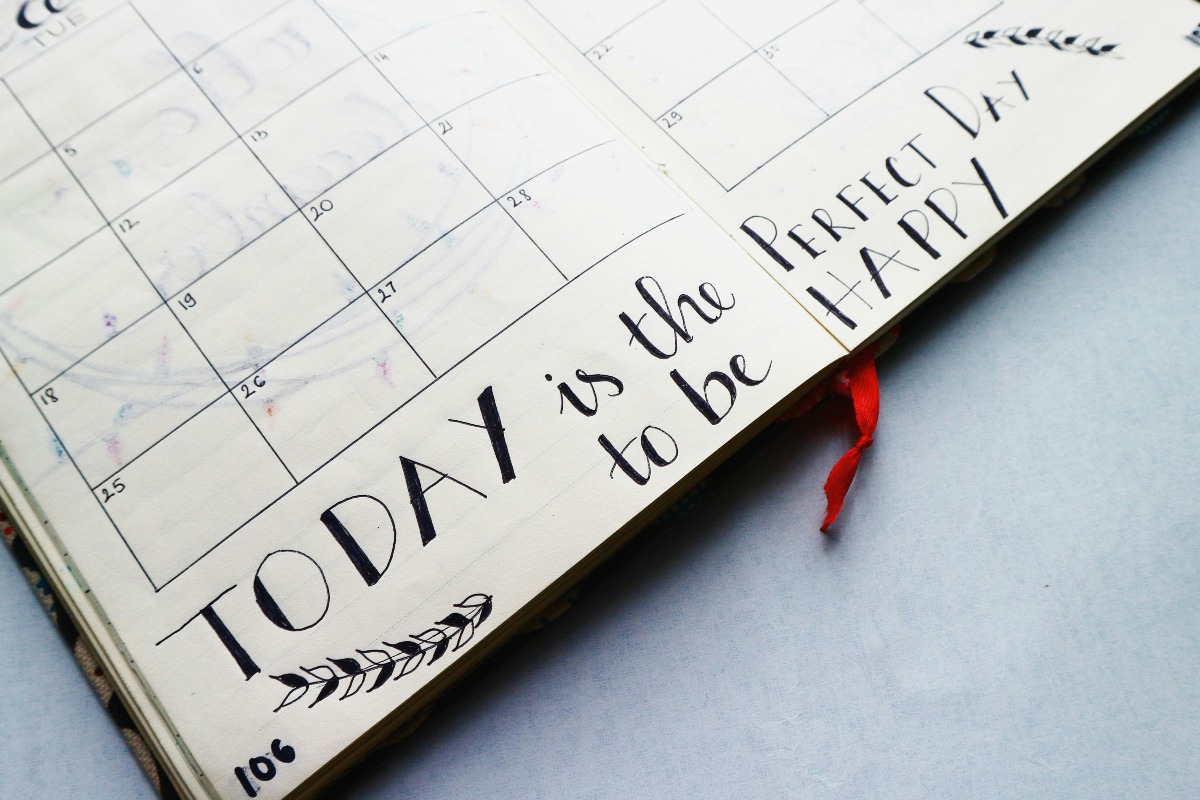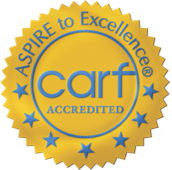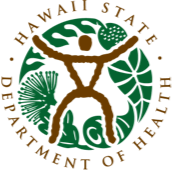Addiction of any kind is a powerful disease that affects entire families, and nobody is immune to its effects. Alcohol and drug addiction can affect not just an individual’s physical and mental health but also disrupt their professional life, finances, social life, and familial dynamics. However, addiction is never isolated, and loved ones and spouses can also be profoundly affected by addiction. While any form of addiction can be incredibly harmful, heroin can be especially devastating, being both highly addictive and intensely damaging to a person’s health and family. Determining if a loved one is addicted to heroin is a crucial first step in overcoming this difficult addiction.
The Prevalence of Heroin Use
Even considering that a loved one may be addicted to heroin can be a difficult thought to process. It is common not to know exactly where to start even entertaining the idea. However, understanding the prevalence of heroin across the United States can begin to put things in perspective.
About 1.1 million people across the country 12 and older reported having used heroin in the past year, according to a study conducted by the National Institute on Drug Abuse (NIDA) in 2021. However, this already high number is probably even more elevated, as there are likely even more people who have used the drug without reporting their use, as well as those who may not have used it in the past year but may still be affected by the drug.
The rates of heroin use can also vary in particular communities, with it being more common in some areas compared to others. While for some, this can bring images of lower economic areas, the opposite can also be true. Individuals who are comfortably making money may have extra funds to purchase the drug more readily, making heroin accessible and dangerous to anyone.
What Is Heroin?
Understanding what the drug is is the first step in determining if a loved one may be addicted to heroin. Heroin is an opioid that originates from the seeds of a poppy plant after undergoing an intense chemical process. It can be either a powder form or a sticky, black substance known as “black tar” heroin. Those addicted to heroin may inject, smoke, sniff, or snort heroin in its various forms.
However, heroin is also commonly cut with a variety of other substances that can alter its effects and addictive properties, making it difficult to know exactly what a person is using or the exact effects it may have on a person’s health. Substances like caffeine or other drugs like cocaine and fentanyl are all commonly cut into heroin, furthering the effects of this already highly addictive and destructive drug.
Identifying the Effects of Heroin Use
Even if a loved one is addicted to heroin, a person may not see them actively using the drug. Rather, identifying the effects of heroin on a loved one can be the first sign of potential drug use and can inform how a person may approach the situation and conversation going forward. Some of the immediate physical effects of heroin include:
- Slurred speech and cognitive delays
- Constricted pupils
- Dry mouth
- Flushed skin or persistent itchiness and scratching
- Shallow breaths
- Nausea
- Drowsiness or being unfocused
- Heavy limbs or slouched posture and fatigue
Those using heroin may experience these symptoms alongside a “rush” of euphoria in the body. However, as this rush wears off, a person may be left with these symptoms and even more drowsiness, exhaustion, nausea, vomiting, or other adverse effects.
Those injecting heroin may also have “track marks” on their skin, or small puncture wounds around veins where needles are used to inject the drug. Bruises and small scabs around these spots are common. For some, these can be on the arms, while others may be on places easier to hide, such as the thighs or the soles of the feet. Collapsed veins are also common in those using heroin intravenously.
The various signs of heroin use may not always be readily seen. Familiarizing oneself with these signs is just the first step. Combining these signs with behavioral signs of heroin use can be the best way to truly explore the situation and prepare for the possibility that a loved one may be addicted to heroin.
The Behavioral Effects of Heroin Use
A loved one addicted to heroin may go through many behavioral changes that can indicate the need for professional support to overcome heroin addiction. Recognizing any of these behaviors can be a further reason to contact Hawaii Island Recovery or a local treatment facility about potential healing options, treatment programs, and specialists to take the next step.
Being Addicted to Heroin Causes a Neglect of Personal Hygiene
One of the first major signs that a loved one may be addicted to heroin is a change in their hygiene routines. Neglect of hygiene, such as a lack of grooming, skipping showers, wearing dirty clothes, or changes in diet are all common. This lack of personal hygiene can also extend to a person’s living spaces, with many of these areas becoming equally as unkempt. Messy rooms, cars, hobby areas, and more are common, even to the point of becoming odorous.
Self-Isolation and Secrecy in Those Addicted to Heroin
Someone addicted to heroin may adopt a much more secretive lifestyle, suddenly being more ambiguous with their daily plans or schedule, or even locking doors to personal spaces even when at home and surrounded by trusted and loving family members. A loved one addicted to heroin may also become more and more isolated, eschewing spending time with loved ones and friends or expressing an unwillingness to go to social functions or engage in family activities.
Loved ones may also leave without letting others know or have inconsistent daily schedules that make each day difficult to track. Lying and dodging questions about their day, whereabouts, and other mundane questions are also common.
Neglecting Personal Responsibility
A loved one addicted to heroin can also have major behavioral changes in how they approach daily responsibilities. For some, this can be related to their professional life, as a person begins to go to work late or call out more often. Even while at work, performance can be greatly impacted. However, for others, these compromised responsibilities can be seen at home.
Failure to tend to household chores, or becoming unreliable on other tasks like grocery shopping, running errands, or other familial obligations can all be common in a loved one addicted to heroin.
Sudden Financial Challenges
Addiction is a powerful disease, but it can also be incredibly expensive. If a loved one is addicted to heroin, there may be sudden and unexplained changes to personal finances as more of a loved one’s budget is compromised to accommodate increased spending on the drug. A sudden inability to pay rent, purchase groceries, or help with bills is possible.
This can become even further exacerbated as a person’s workplace performance and attendance changes, or if they end up losing a job due to the effects of heroin use, further complicating their financial stability.
The Emotional Impact of Being Addicted to Heroin
A loved one addicted to heroin may also express sudden changes in their emotional state in addition to their behaviors. Sudden mood swings, an increase in feelings of anxiety, being easily irritated, paranoia, and depression are all common in those addicted to heroin.
Persistent feelings of apathy are also common. Loved ones may lose interest in personal hobbies, activities, and more, or express a lack of motivation to tend to personal goals or obligations. A new, confrontational attitude can also lead to arguments between loved ones or a deterioration of communication and trust.
Taking Action if a Loved One Is Addicted to Heroin
Recognizing even some of the signs of potential addiction in a loved one can be a reason to contact Hawaii Island Recovery or a local treatment facility to discuss the next steps in healing. It is common for a loved one addicted to heroin to be defensive when topics like addiction are brought up, making the time after identifying potential signs that a loved one is addicted to heroin and the upcoming conversation incredibly delicate.
Many loved ones may want to work with a professional treatment facility or professional interventionist to prepare for the conversation about heroin addiction and healing ahead. Being addicted to heroin is not the kind of disease that will “go away” on its own, and ignoring the signs can worsen the situation from continued health ramifications to increasing the chance of potential overdose. Rather, preparing for the difficult situation, educating oneself, and knowing how to encourage and support change in a loved one is crucial for taking the first step toward a sober and transformed future.
Addressing a Loved One Addicted to Heroin
Even entertaining the thought of a loved one being addicted to heroin is incredibly stressful. Many family members, loved ones, and friends may be in disbelief of the situation. However, confronting the situation can be even more difficult. Taking time to prepare for a conversation, rather than jumping in right away, can be the best approach to help a loved one not just address heroin use but also situate oneself as a support.
Some considerations before talking to a loved one addicted to heroin about treatment and healing include:
- Talking to an interventionist or addiction specialist to learn more about heroin addiction, its signs, and its effects
- Creating a safe and neutral space to have a conversation so a loved one can feel as comfortable as possible during such a charged and difficult conversation
- Taking time to calm oneself to avoid accusatory language, yelling, or other emotionally charged situations
- Collecting evidence, from days where signs of potential addiction were observed to any potential paraphernalia, such as spoons with burn marks, syringes, or other signs of heroin use
- Familiarizing oneself with treatment options, modalities, and approaches from possible treatment centers
- Being ready to address lies or deflections while maintaining a clear goal and focus throughout the conversation
- Avoiding accusing or approaching the situation with anger, but rather with offerings of support, such as being ready to provide transportation or help make phone calls for information
Confronting a loved one who is addicted to heroin about their use of the drug is incredibly difficult. While preparing for the conversation, it is also important to tend to self-care, ensuring rest and calm before jumping into such a difficult situation. Working with professionals can also be a great way to find support for oneself while navigating this time.
Finding Effective Treatment at Hawaii Island Recovery
A loved one addicted to heroin can face many challenges, and can also create complicated situations for loved ones and family members. Finding effective treatment for a loved one addicted to heroin can be difficult, especially since effective family members and loved ones are also part of effective healing and sober change. Which treatments will be most effective for each person will vary, and each individual will have their best approach to healing. However, knowing the options available is a great place to start when exploring the necessary treatment for a loved one addicted to heroin.
Effective Detox
The first step in any healing journey is detox. However, this stage of treatment can also be incredibly difficult, as it is when withdrawal symptoms can be at their most intense. Dedicated detox programs are essential in helping to navigate these symptoms while preventing relapse and other self-destructive behaviors.
Medication-assisted treatment (MAT) is also available throughout medical detox. The use of medications to ease these withdrawal symptoms while developing personalized coping strategies can be essential for overcoming this first difficult stage of recovery, transitioning to further care, and beginning a fulfilling sober life.
Proven Therapies and Support to Overcome Being Addicted to Heroin
Professional proven therapies are essential to an effective approach to healing from any addiction, and Hawaii Island Recovery offers an array of therapies to help those addicted to heroin take their first step toward healing and change. Cognitive-behavioral therapy (CBT), dialectical behavior therapy (DBT), motivational interviewing, individual and group therapy, and more are all part of a comprehensive approach to healing and sobriety.
Addressing the effects of heroin addiction in isolation is often only part of the healing journey. Rather, it is equally important to address underlying mental health disorders, stress, trauma, and other challenges that may have informed the use of the drug in the first place. Dedicated programs to overcome co-occurring mental health disorders, trauma, and more can be essential for truly sustainable and transformative change and can be personalized for each individual.
Participating in Family Programs
The effects of heroin addiction are never confined to a single person. Rather, they affect entire families and communities. If a loved one is addicted to heroin, then healing as a family is a necessary part of sustainable change.
Family therapy programs can be essential in developing communication strategies at home to use, addressing feelings of anger, resentment, blame, and other challenges, as well as learning to support a loved one’s sober change. Overcoming heroin addiction is just as much a familial journey, as loved ones in family programs can learn to empower rather than enable self-destructive behaviors and to explore healing, forgiveness, and change as a unit rather than continuing to harbor anger and stress.
Engaging in Effective Spiritual Healing
While the effects of heroin can be devastating to a person’s physical, mental, and emotional health, it can also be incredibly damaging to a person’s spiritual healing. Dedicated spiritual healing as a part of a loved one’s journey to overcoming heroin addiction can be a transformative aspect of healing. Hawaii Island Recovery emphasizes this spiritual healing, blending proven therapies with mindfulness strategies, acupuncture, yoga, and nature-based healing exercises to empower spiritual growth in recovery.
Embracing New Perspectives Through New Experiences
Addiction recovery isn’t something that can just be taught. Rather, it is a transformative lifestyle that has to be lived and experienced. Combining proven therapies with experiential programs can be the best way to create a holistic approach to change for those addicted to heroin.
Nature-based experiential healing, oceanic healing opportunities, and culturally competent outreach programs are just the beginning of the experiential options available at Hawaii Island Recovery. We also blend proven therapies with the healing energies of Hawaii and the spirit of aloha that permeates the culture to create new ways of addressing personal challenges, helping each person to create their own best approach to change both inside and outside the walls of a treatment facility.
Heroin addiction is devastating to entire families, and even considering the possibility that a loved one may be addicted to heroin can bring intense stress, anxiety, anger, and much more. However, healing is always possible, and we at Hawaii Island Recovery can help you today. We offer comprehensive and holistic care for not just those ready to take the first step in overcoming heroin addiction but also provide care and resources to loved ones and family members to educate and facilitate effective healing at home. From your first step into detox to residential and ongoing outpatient care, we are committed to familial change and sobriety. To learn how we can help you or your loved one, call (866) 390-5070.












